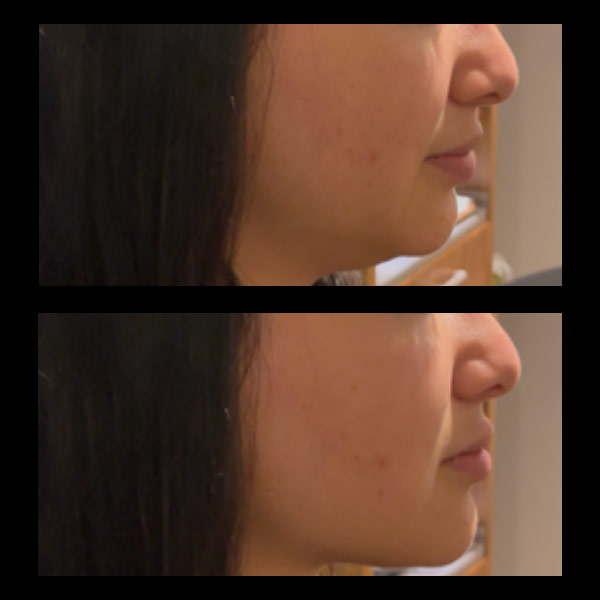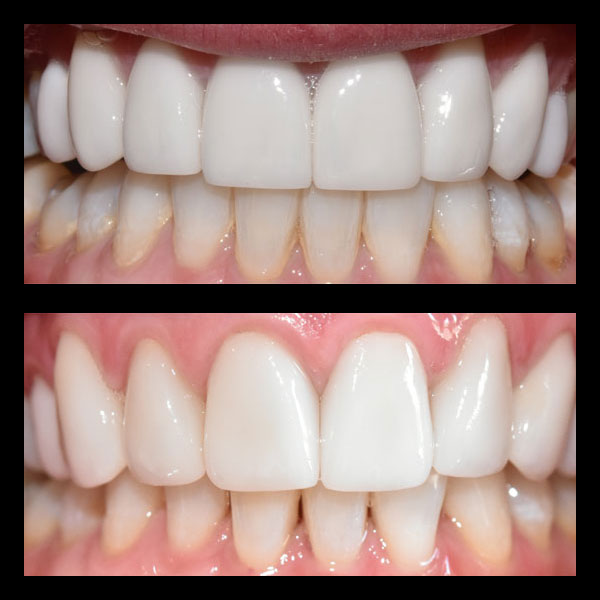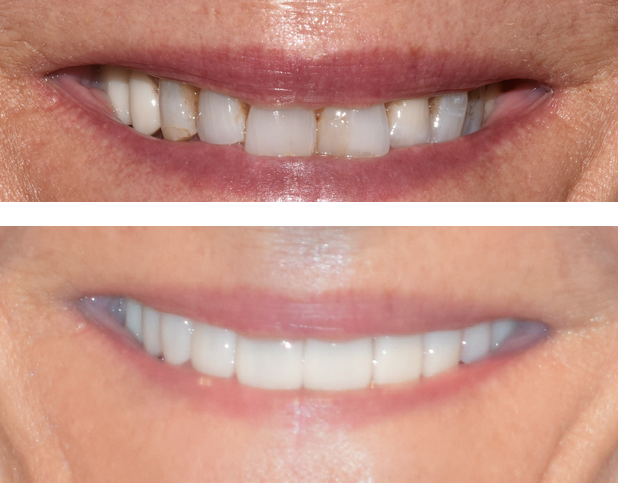Spotting Real Dental Crises
Grasping whether your dental dilemma is urgent or can wait sets the tone for what comes next. Let’s explore the distinctions:
High-Stakes vs. Manageable Dental Woes
Urgent dental troubles require swift action to tackle severe pain, thwart infections, or save a tooth. Common scenarios include:
- Unyielding Toothache: Persistent and severe pain may signal deeper issues like infections.
- Fractured or Cracked Teeth: Structural damage can spell big trouble if ignored.
- Dislodged Fillings or Crowns: Exposed tooth surfaces become prime targets for decay.
- Abscesses: Infections that stir fever, swelling, and intense pain around the tooth or gums.
Meanwhile, minor toothaches, small chips, or loose fillings are typically less pressing and can wait for a routine visit.
Typical Dental Disasters
Recognizing the usual suspects in dental emergencies can help you spring into action:
- Unbearable Toothache: Indicates deep-seated issues requiring swift care.
- Broken Teeth: Accidents or biting hard items might be the culprits, needing immediate attention.
- Missing Fillings: Can lead to exposed nerves, pain, and potential infections.
- Abscess Realities: Severe discomfort, fever, and a dreaded taste in the mouth signal dire need for urgent dental intervention.
First Response Actions
In any dental emergency, these steps can ease discomfort and prevent further damage until professional help arrives:
- Composure is Key: A calm demeanor aids in effective assessment and swift action.
- Mouth Rinse: Warm water helps keep the area clean and minimizes bacteria.
- Cold Compress: Reduces swelling and eases pain.
- Temporary Fixes: Over-the-counter repair kits offer short-term solutions.
- Emergency Dental Contact: Severe pain or significant damage warrants an immediate dentist visit.
Quick Steps During a Dental Crisis
Maintaining your composure is critical. Panic complicates the scenario, impeding crucial steps that could lessen damage and pain. Here’s the drill:
Stay Calm and Evaluate
Steady your nerves with deep breaths. Assess the extent of the injury—whether it’s a relentless toothache, a fractured tooth, a dislodged filling, or an abscess. This evaluation guides your next moves and informs the urgency needed for dental care.
Basic Emergency Care
Having gauged the situation, take these immediate steps:
- Rinsing: Gently cleanse with warm water to dispel any debris and slightly ease discomfort.
- Cold Compress: Helps mitigate swelling and reduce pain by applying it to your cheek near the trouble spot.
- Temporary Dental Kits: Over-the-counter kits can temporarily manage issues like missing fillings or broken teeth until you get professional care.
Urgent Professional Help
Some conditions scream for immediate professional intervention. Contact an emergency dentist for:
- Severe tooth pain unrelieved by over-the-counter painkillers.
- Knocked-out teeth—act fast; getting to a dentist within an hour can save the tooth.
- Persistent heavy bleeding, even after applying pressure.
- Signs of infection like fever, swelling, or an abscess.
Boulder residents can deftly handle dental emergencies following these guidelines until professional care is obtained.
Locating Emergency Dentists in Boulder
Choosing an Emergency Dentist
Selecting the right emergency dental clinic can make a night-and-day difference. Key factors to remember:
- Availability: Confirm that the clinic operates beyond regular business hours, accommodating crises at any time.
- Proximity: Close locations cut travel time and inconvenience during emergencies.
- Service Range: Ensure the clinic is equipped to handle a wide array of dental emergencies.
Top Emergency Dental Clinics in Boulder
Here’s a cherry-picked list of renowned emergency dental clinics in Boulder:
- Boulder Dental Care
Address: 123 Boulder Street, Boulder, CO 80302
Phone: (303) 123-4567
Website: www.boulderdentalcare.com - Emergency Dental of Boulder
Address: 456 Mountain View Blvd, Boulder, CO 80303
Phone: (303) 765-4321
Website: www.emergencydentalboulder.com - 24/7 Boulder Dentist
Address: 789 Pearl Street, Boulder, CO 80304
Phone: (303) 987-6543
Website: www.247boulderdentist.com
Gearing Up for Your Visit
Being well-prepared can smoothen your emergency dental visit. Consider bringing:
- Personal ID: Such as a driver’s license or passport.
- Insurance Details: Have your insurance card handy.
- Medical Records: Include any relevant medical history or medications you take.
- Emergency Specs: Be ready to recount the nature of your emergency, its onset, and any steps you’ve already undertaken.
Expect the dental team to quickly assess your situation, provide immediate relief, and prevent further complications. Being prepared helps speed up treatment and aim for the best possible result.








